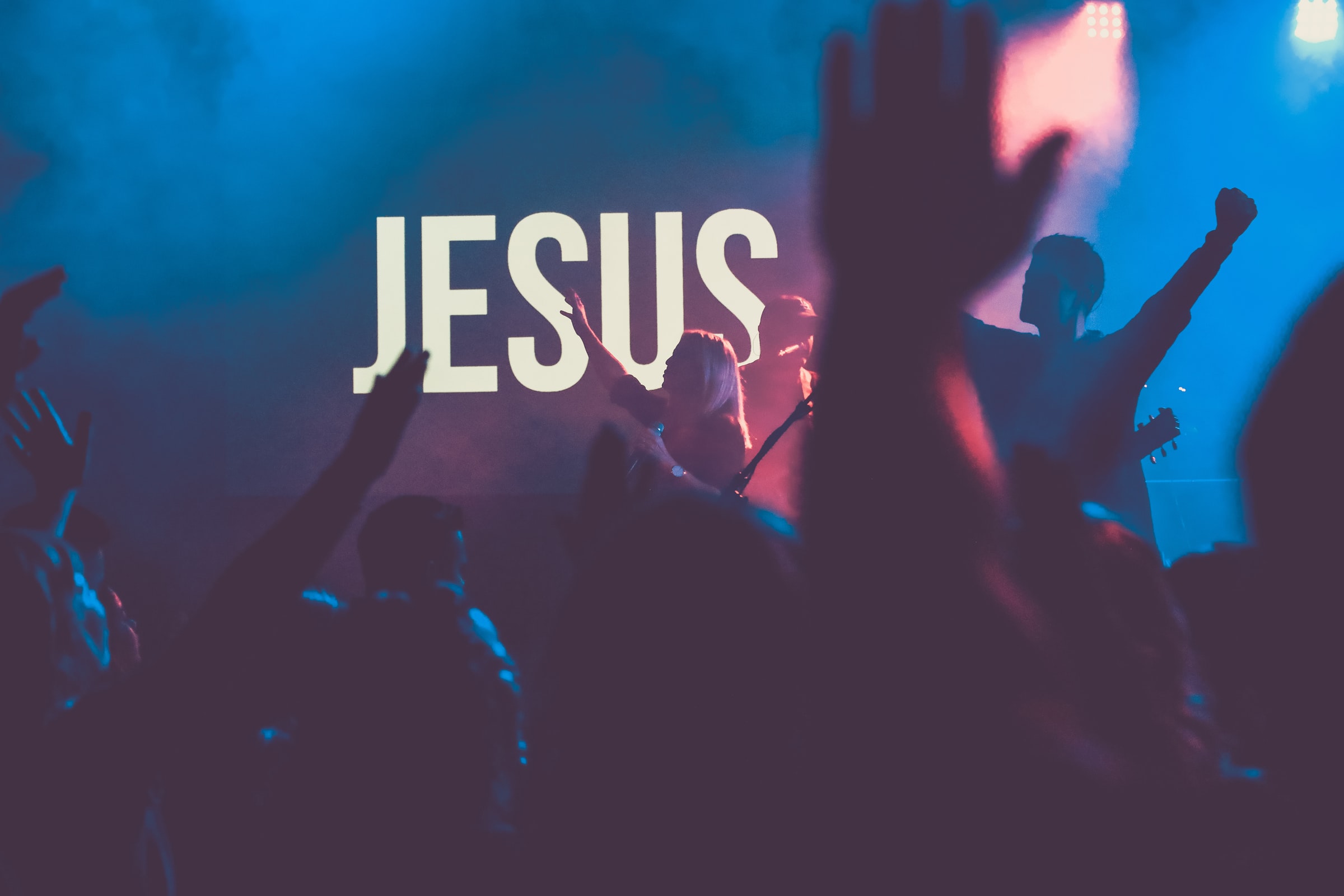A Google image search for the word “megachurch” returns a result which, to those unfamiliar with the phenomenon, will leave a viewer astonished. One could undoubtedly confuse these images with scenes from NBA or NHL arenas, as these religious services are decked out with enough audience space and jumbotrons to compete with any major entertainment event.
Several weeks ago I had the opportunity to attend a megachurch service for the first time. As a lapsed Mormon who sees the world from a relatively secular and liberal viewpoint, the experience was almost unsettling, but as the service progressed I began to understand the powerful pull of the megachurch in modern America.
For many, the word “church” brings to mind a sense of somberness — for me, the connotations included button-up shirts and ties, electric organ accompaniments to hymns and quiet blessings of sacrament bread and water. In stark contrast, I entered my megachurch experience in jeans and a T-shirt and was greeted by colorful LEDs and a rock band. With a cry of “Who’s ready to worship?” the service began with another first for me: Christian rock. After a few songs, the service transitioned into a talk from a pastor. The subject revolved around Jesus’ love and his desire to steer mankind toward happiness rather than being a yes-man for believers.
All in all, it was an innocuous and positive theme for a service that I was admittedly petrified to attend. My perception of the megachurch was closely tied to a local church in my hometown, known to host reactionary Charlie Kirk and a source of protests of the 2020 presidential election results. To be faced with a sermon far less radical than the subdued event I was expecting was refreshing but also unsettling in its own way.
Among my first realizations while standing in the back row of the audience, surveying the crowd in front of me, was the immense sense of community. Entering the building, parents took their children to the left, where they enjoyed an enormous play area during the service. Afterward, attendees were given free bagels and coffee and encouraged to linger and mingle.
What distressed me upon this realization, however, was the equally immense whiteness of the community. I’m sure my memory is failing me to a degree, but in all honesty, I cannot recall seeing more than 10 other minority faces in a crowd of thousands. Although I admit the ability to give a sense of community and provide a place to call home is a benefit of megachurches such as the one I attended, the fact that this home and community was made up almost entirely of white faces was disturbing.
There is immense value in having a “tribe.” The power of adhering to a collective identity is tangible in almost any social setting, ranging from team participation and online communities to identification with fanbases — or religion. Sitting in a megachurch service, engulfed in sound and surrounded by unfamiliar faces, I was confronted by the unpleasant but universal feeling that I did not belong. This was a tribe that I was not a part of, a community whose ideas opposed (maybe subtly, but opposed nonetheless) my identity.
Lost in a tribe of thousands who were all riveted by a single speaker preaching a gospel I was uncommitted to, I realized why, even though this church wasn’t hosting reactionaries or anti-democratic rallies, I was so distressed. The culture of the white evangelical megachurch is based upon the expansion of the religious community — just not to me. Even if the messages behind the sermons are sometimes innocuous, the fabric of the community is stitched together by two unifying aspects: whiteness and God. One I am incapable of being accepted into and another that I am unattached to.
I consider myself a part of many communities: As a cyclist, student, swimmer, baker, Asian American and basketball fan I identify with causes and groups that vary widely in diversity and inclusiveness. Some are more accepting than others, but none actively oppose same-sex marriage, none present as attempting to form a racially homogenous community and none hide behind religion while pushing political agendas.
Religion can be a powerful force for good. But although on the surface I saw a church doing good, as I sat in the megachurch, the underlying current of whiteness, homophobia and fear was tangible. Nobody actively spoke against me, but I wondered how many had made anti-Asian remarks in private during the height of the pandemic. It was a community, but not a community for me or those who looked like me.
Even if it was an uncomfortable hour, my time spent in a megachurch was an experience I am incredibly grateful for. It provided me with the opportunity to have a far more nuanced understanding of these services than before and a cultural experience like few others I have had. Rather than seeing megachurches purely as bastions of hatred and racism, I now understand them as well-thought-out examples of the power of — in this case, white — community-building, as well as examples of how communities I am affiliated with could function.
Although it is distressing that there are collections of smart, charismatic, talented people working to build homogenous and politically charged bodies under the guise of religion, I felt that the megachurch displayed the power of community to inspire action in many ways.
The tactic of enticing an audience with the offer of food, music and community is not new but is still hugely effective. Seeing a crowd of thousands hold their hands in the air through flashing lights, calls to worship and rhetorically charged talks was a reinforcement of the power of tribes. Offering acceptance in return for adherence to an ideology is a risky but effective tool in the arsenal of those working to advance political or religious agendas. Although I found the nature of the community built at the megachurch I attended alienating, the rhetorical power of music and community is undeniable, inspiring action — both negative and positive — but inspiring action nonetheless.

















